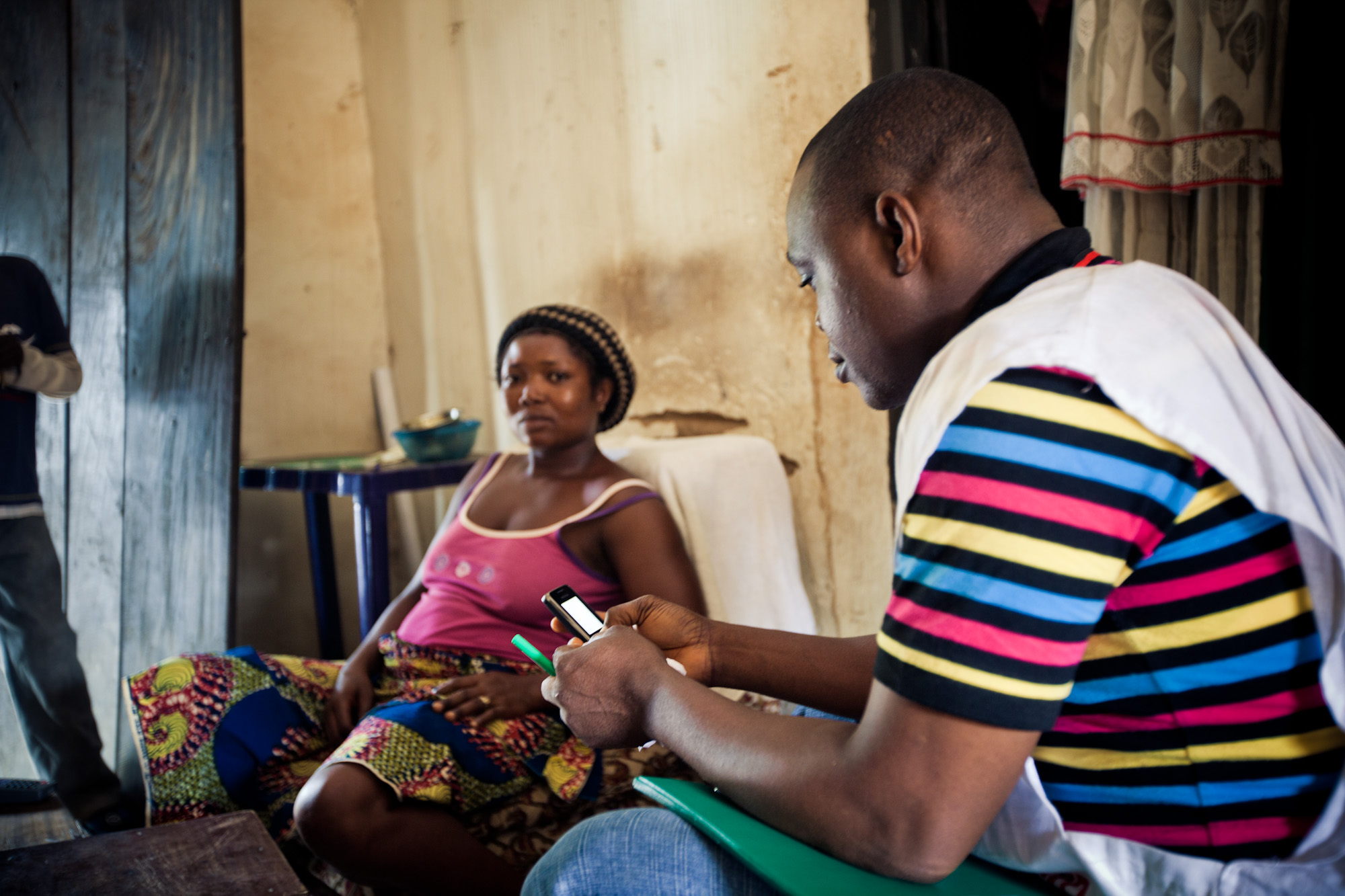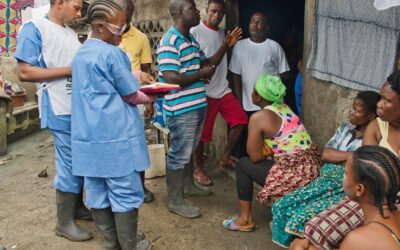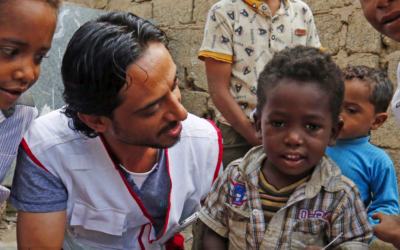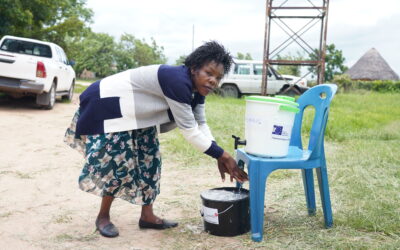COVID-19 vaccination programs are underway throughout Africa, but having the product on hand does not guarantee a public demand to get the shot. Communications specialists in the region face several challenges in convincing people to get vaccinated to protect themselves and those around them. They must find a way to convince those people who are vaccine hesitant, and in many cases actively resistant to getting vaccinated, in the face of widescale mis- and dis-information about the science and safety of COVID-19 inoculation. In this Media Dialog, Helena Ballester Bon, Communications for Development expert at the Eastern and Southern Africa office of UNICEF, will discuss the stages of creating vaccine demand, the short term and long-term strategies communications professionals use to create public demand, and she will address the role played by misinformation in limiting demand for the COVID-19 vaccines in the region. Helena will be joined by Kate Thomas, Internews’ Pandemic Media Mentor, who will provide advice to journalists and other content creators on how they can address the issues raised by vaccine demand creation in their daily media work.
Building Trust and Resilience for Better Outbreak Response in East and Southern Africa
Trust in health authorities and health services before, during and after public health emergencies is critical. Where higher level of trust in health authorities exists, communities are more likely to follow public health recommendations and seek health care, resulting in more rapid and effective outbreak response.
An erosion of trust in health services and the health system more broadly can result in families being less likely to seek health care when needed, including critical preventative care such as immunisation services, undermining the public health system.





